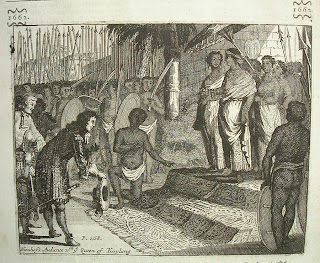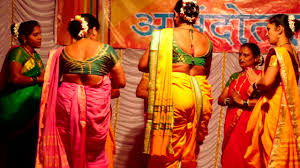Significance of Kara Hunnime celebration in Karnataka
Full Moon day is referred to as Hunnime. According to the Hindu almanac, each full moon day, new Moon day, and Ekadasi are given a specific name. Each of them possesses a significant meaning that is connected to the history of mankind.
On the 17th of June 2019, the celebration of Kara Hunnime, also known as the full moon day of Jyestha, took place. The day of the full moon is being celebrated in certain regions of the state of Karnataka in India.
This is the first full moon day that has occurred in this region since the beginning of the monsoon rains. Because of this, the full moon on this day is celebrated with a particular emphasis on cattle
The farmers celebrate this kaara Hunnime as a sign that the summer season has come to an end and the monsoon season is about to begin.
Women of the community gather in the morning to pray to the Pipal tree as a group by tying sacred threads all around the tree. Also, as a part of the worship, you should present the sweet treats that you prepared. Farmers should clean bullocks, then paint different colours on their horns, decorate them with colourful pompoms, forehead knots, hip belts, and foot jingles, and then ride them. To summarise, they use a variety of trinkets and ribbons of various colours to adorn the bullocks' cattle. They then worship cattle and offer them sweet treats made from flour such as holige, kadubus, and sweet rice. These sweet treats are called holige and kadubus respectively.
The running race is competed in by a large number of bullock pairs, and the pair that finishes in first place receives praise from the audience. If the bullocks that arrive first are a brown or red colour, then it is expected that the red variety of jowar will grow plenty during the following season. On the other hand, if the bullocks are white in colour, then it is expected that the white variety of jowar will grow in plenty.
Finally, after the race, they perform a ritual called aarti or harati on the cattle in order to protect them from the gaze of evil. The Hindu religious practice of worship known as aarti, which may also be spelled arti, arati, arathi, aarthi, or harati, is an integral part of the puja and consists of the offering of light (typically in the form of a flame) to one or more deities, trees, or animals on important occasions.
The entire town, including its marketplace, streets, and surrounding areas, has the appearance of a joyous celebration.





















Comments